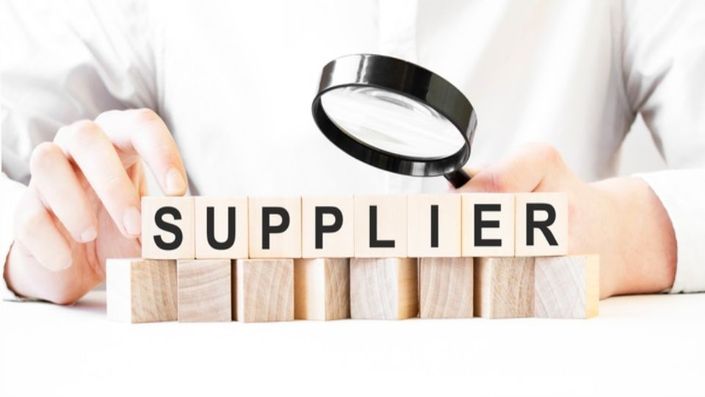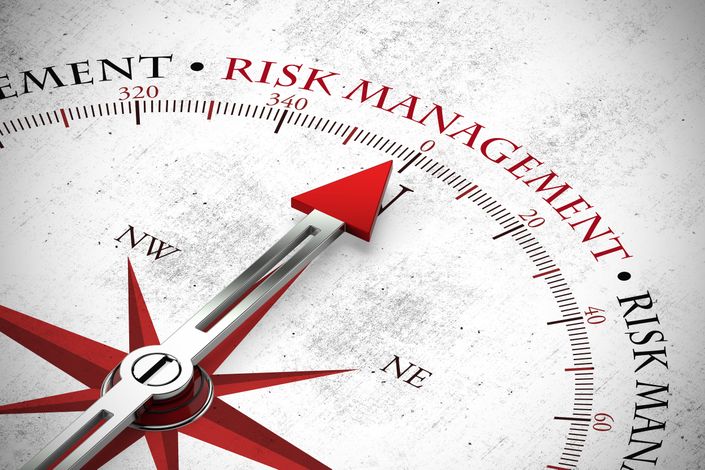
GMP is critical for medical devices
GMP is critical for medical devices because it ensures that the devices are consistently produced and controlled according to quality standards. This helps to minimize the risks associated with any potential defects or errors in the manufacturing process, which can result in harm to patients who use the devices. By following GMP guidelines, medical device manufacturers can produce safe and effective devices that comply with regulatory requirements and meet the needs of healthcare providers and patients.
What Medical Device Manufactures Can Learn from 21 CFR 211
21 CFR Part 211, which focuses on Good Manufacturing Practices (GMP) for pharmaceuticals, doesn't directly apply to medical device manufacturers. Instead, medical device manufacturers are primarily governed by 21 CFR Part 820, the Quality System Regulation (QSR).
However, there can be indirect effects or relevance:
- Similar Quality Standards: While 21 CFR Part 211 and 21 CFR Part 820 have different specific requirements, both emphasize quality control, proper documentation, and ensuring product safety and efficacy. Medical device manufacturers might draw from the practices under 21 CFR Part 211 to enhance their quality systems.
- Combination Products: For manufacturers involved in combination products (which include both a drug and a device component), both 21 CFR Part 211 and 21 CFR Part 820 could be applicable. In such cases, manufacturers must comply with the relevant portions of both regulations.
- Regulatory Framework: Understanding the broader regulatory environment, including pharmaceutical GMPs, can be beneficial for medical device manufacturers, especially those looking to expand their product lines or ensure compliance in integrated healthcare sectors.
- In summary, while 21 CFR Part 211 doesn't directly affect medical device manufacturers, the principles of quality assurance and safety it embodies are still relevant and can indirectly influence practices within the medical device industry.

Key Challenges in Medical Tool Management
In medical device production, tool management's primary challenge is ensuring sterility and precision, preventing cross-contamination, maintaining regulatory compliance, and guaranteeing tool reliability and traceability, all crucial for product quality and safety.

Impact of Sterilization in Medical Manufacturing
In medical device manufacturing, cleaning and sterilization are vital. They prevent contamination and infection risks, ensuring patient safety. Proper sterilization extends tool life and maintains precision, critical for device quality. This process also upholds regulatory compliance, essential for market approval and trust in medical products.

Recordkeeping Significance in Medical Tool Management
Effective recordkeeping in medical device tool management is crucial for ensuring regulatory compliance, tracking tool usage and maintenance, identifying trends in tool performance, and facilitating quick responses to potential issues. It's fundamental for maintaining device quality, safety, and efficiency in production processes.
Example Curriculum
Filters' Role in Ensuring Patient Safety
Filters in medical device manufacturing play a crucial role in ensuring patient safety. They remove contaminants from products and environments, preventing infections and complications. High-quality filtration is essential to maintain sterility and purity in devices, directly impacting their safety and efficacy in patient care.

Students also registered to
We believe that learning is a continuous journey and we are committed to helping you grow and achieve your goals. By enrolling in our courses, you will not only gain valuable knowledge and skills but also become part of a supportive community of learners. Join us today and unlock your potential!






